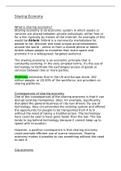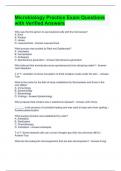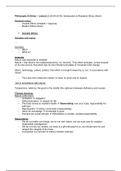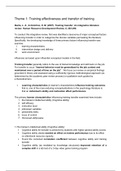Sharing Economy
What is sharing economy?
Sharing economy is an economic system in which assets or
services are shared between private individuals, either free or
for a fee, typically by means of the internet. An example of this
would be Airbnb: Airbnb is a community marketplace for
people to list, discover and book unique accommodations
around the world – online or from a mobile phone or tablet.
Airbnb allows people to monetize their extra space and
promote it to a widespread, targeted audience.
The sharing economy is an economic principle that is
constantly evolving. In the very simplest terms, it’s the use of
technology to facilitate the exchanged access of goods or
services between two or more parties.
McKinsey estimates that in the US and Europe alone, 162
million people, or 20-30% of the workforce, are providers on
sharing platforms.
Consequences of sharing economy
One of the consequences of the sharing economy is that it can
disrupt existing monopolies. Uber, for example, significantly
disrupted the general business of city taxi drivers. By use of
technology, they circumvented the existing system and offered
the opportunity for people to be transported from A to B
without the need of taking a traditional taxi. The technology
here could be said to have gone faster than the law. The law
tends to lag behind technology because it cannot keep up to
speed with innovation.
However, a positive consequence is that sharing economy
could promote efficient use of scarce resources. Sharing
economy makes it possible to use something without the need
to own it.
Gig economy
What is sharing economy?
Sharing economy is an economic system in which assets or
services are shared between private individuals, either free or
for a fee, typically by means of the internet. An example of this
would be Airbnb: Airbnb is a community marketplace for
people to list, discover and book unique accommodations
around the world – online or from a mobile phone or tablet.
Airbnb allows people to monetize their extra space and
promote it to a widespread, targeted audience.
The sharing economy is an economic principle that is
constantly evolving. In the very simplest terms, it’s the use of
technology to facilitate the exchanged access of goods or
services between two or more parties.
McKinsey estimates that in the US and Europe alone, 162
million people, or 20-30% of the workforce, are providers on
sharing platforms.
Consequences of sharing economy
One of the consequences of the sharing economy is that it can
disrupt existing monopolies. Uber, for example, significantly
disrupted the general business of city taxi drivers. By use of
technology, they circumvented the existing system and offered
the opportunity for people to be transported from A to B
without the need of taking a traditional taxi. The technology
here could be said to have gone faster than the law. The law
tends to lag behind technology because it cannot keep up to
speed with innovation.
However, a positive consequence is that sharing economy
could promote efficient use of scarce resources. Sharing
economy makes it possible to use something without the need
to own it.
Gig economy











